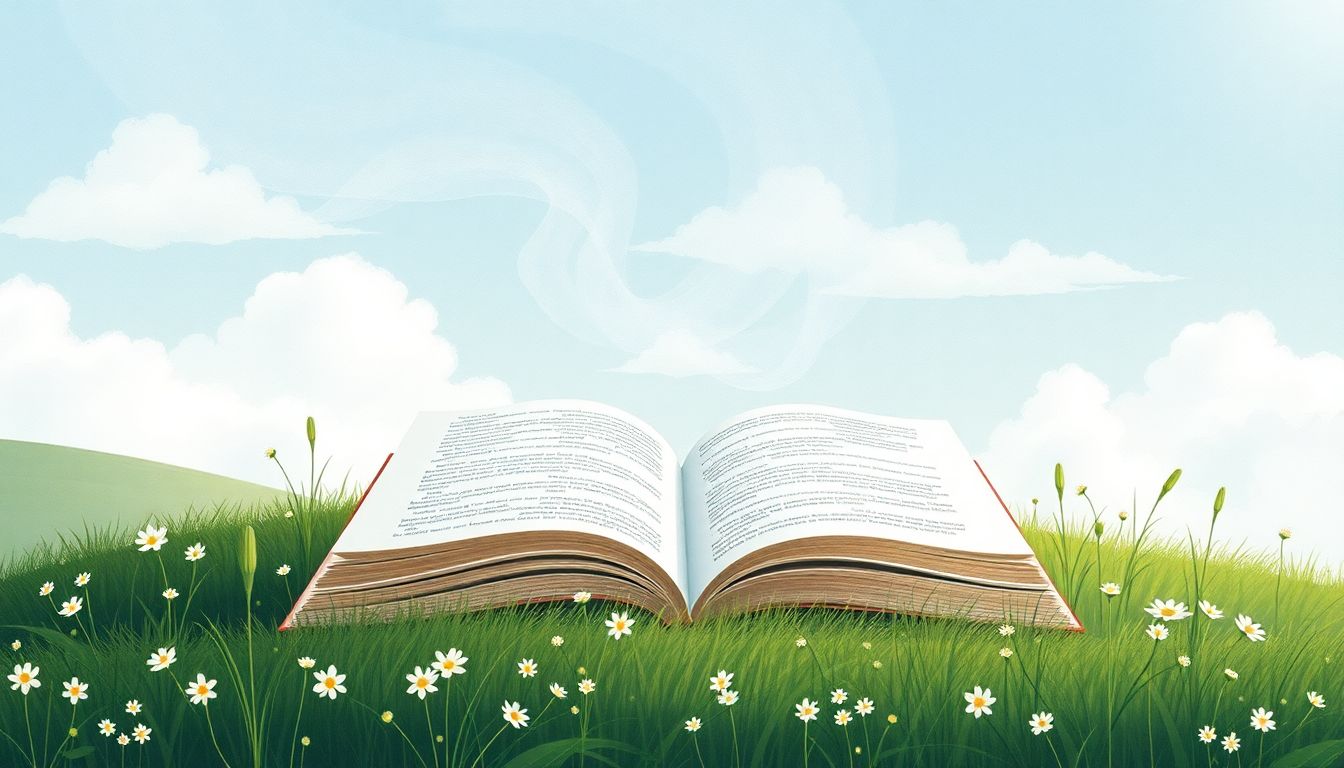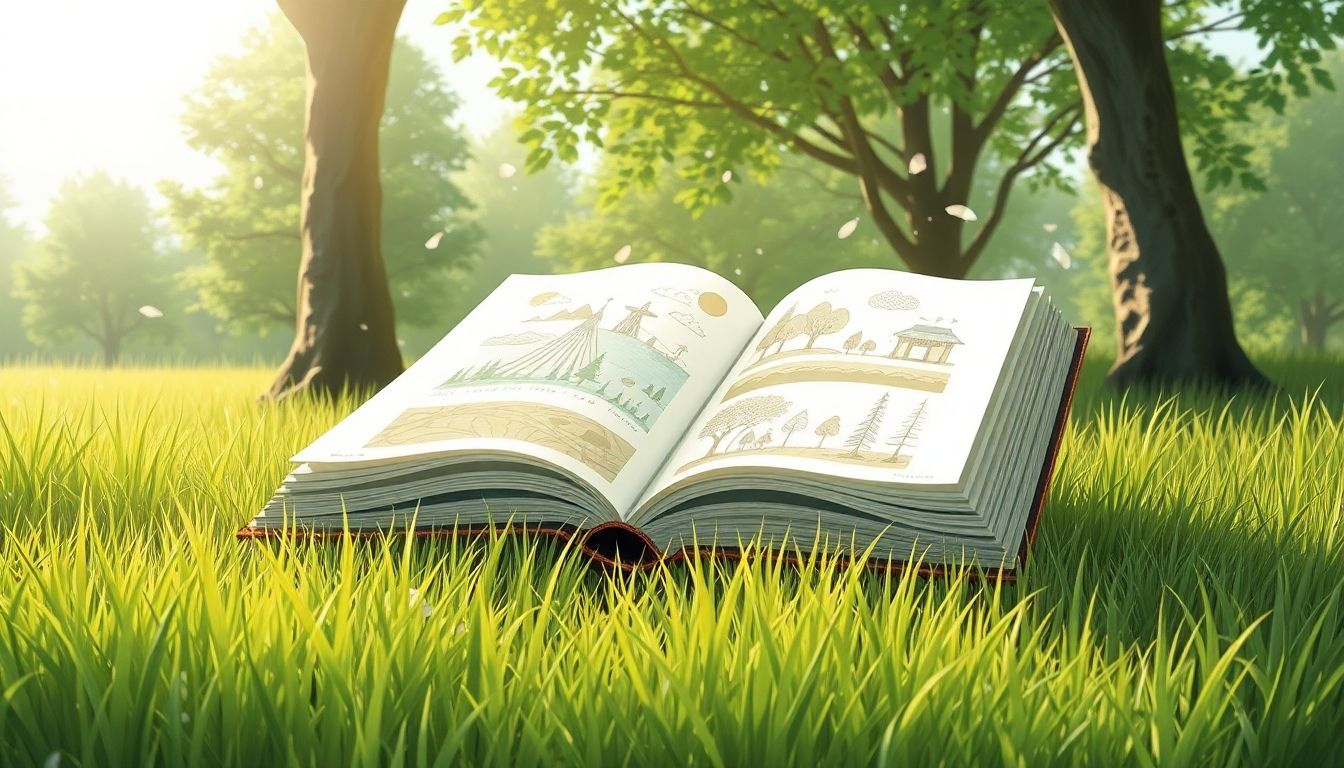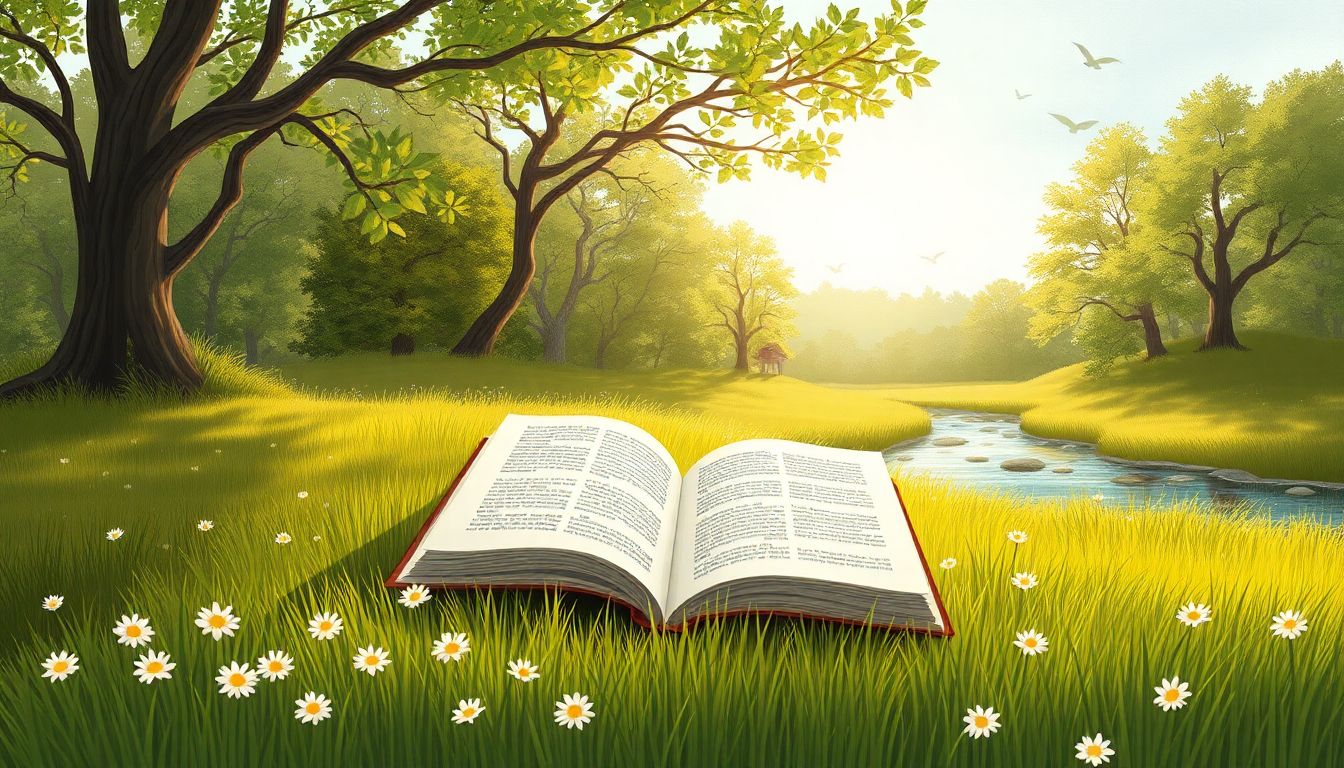Writing eco-criticism essays can feel overwhelming, especially with so many environmental issues and literary works to analyze. You might be thinking, “How do I even start?” You’re not alone in feeling that way. It can be tough to navigate the rich intersection of literature and ecology.
But here’s the good news: if you stick around, I’ll share some fantastic ChatGPT prompts that can spark your creativity and focus your thoughts. These prompts will help you dive deeper into your essays and present your ideas with confidence.
We’ll explore what eco-criticism is, sample prompts for analyzing texts, and tips for refining your work. So, grab your notepad and let’s jump into the world of eco-criticism together!
Key Takeaways
- Eco-criticism examines the link between literature and the environment, highlighting how stories reflect ecological issues.
- Use specific ChatGPT prompts to develop your eco-criticism essays, focusing on themes, characters, and literary analysis.
- Sparking discussions around environmental topics in literature can enrich your essays and make them more relevant.
- Refine AI-generated content by ensuring clarity, adjusting tone, verifying facts, and integrating personal insights.
- Explore diverse themes like human-nature relationships and climate justice to enhance the depth of your analysis.

Top ChatGPT Prompts for Writing Eco-Criticism Essays
Writing eco-criticism essays can be significantly enhanced by utilizing effective prompts that guide your thoughts and arguments.
Here are some ChatGPT prompts you can use:
- “Generate a thesis statement for an eco-criticism essay on ‘The Overstory’ by Richard Powers.”
- “List key environmental themes present in Mary Shelley’s ‘Frankenstein’ and explain their relevance today.”
- “Provide a comparative analysis of eco-critical perspectives in the works of Rachel Carson and Aldo Leopold.”
- “Summarize the significance of nature imagery in William Wordsworth’s poetry from an eco-critical viewpoint.”
- “Discuss the role of symbolism in conveying environmental messages in ‘The Lorax’ by Dr. Seuss.”
These prompts help in shaping your essays around crucial ecological themes and literature, making your analysis both insightful and engaging.
Understanding Eco-Criticism and Its Importance
Eco-criticism is a literary theory that studies the relationship between literature and the physical environment.
This approach examines how literature reflects, shapes, and influences our understanding of ecological issues.
In today’s world, where environmental challenges are becoming more pressing, eco-criticism plays a vital role in raising awareness and fostering ecological consciousness through literary works.
By analyzing how literature interacts with natural environments, eco-criticism promotes an understanding of the impact of human actions on ecosystems.
This perspective encourages readers to consider the environmental implications of the narratives presented in various texts.
How to Use ChatGPT for Eco-Criticism Essays
Using ChatGPT for writing eco-criticism essays is an effective way to enhance your creative process.
Start by prompting ChatGPT with specific questions related to your topic.
For instance, ask it to summarize eco-critical theories or identify key texts relating to environmental themes.
You can also request character analyses or thematic explorations to give depth to your essays.
Here are some useful commands for you to try:
- “List influential eco-critical works and their authors.”
- “Explain the concept of anthropocentrism and its critique in contemporary literature.”
- “Provide an overview of key eco-critical theories and their proponents.”
- “Generate ideas for an eco-criticism essay on the impact of climate change in modern novels.”
These steps can guide you in refining your literary analysis while keeping a firm grip on ecological themes.
Sample Prompts for Analyzing Literary Works through Eco-Criticism
Analyzing literary works through an eco-critical lens can yield fresh interpretations and insights.
The following prompts can help you kickstart your analysis:
- “Analyze ‘Silent Spring’ by Rachel Carson and discuss its impact on environmental movements.”
- “Explore eco-critical themes in ‘A Sand County Almanac’ by Aldo Leopold.”
- “Discuss how climate change is represented in ‘New York 2140’ by Kim Stanley Robinson.”
- “Compare the ecological imagery in the poetry of John Keats and Emily Dickinson.”
- “Evaluate the use of nature settings in ‘The Grapes of Wrath’ and its reflection on social issues.”
Using these prompts will help you engage deeply with texts and foster a greater understanding of their environmental implications.

Prompts for Discussing Environmental Issues in Society
Literature often holds a mirror up to society, reflecting pressing environmental issues that we face today.
By using targeted prompts, you can stimulate discussions around these relevant topics.
- “List the environmental issues depicted in ‘The Road’ by Cormac McCarthy and analyze their implications.”
- “Discuss how ‘The Overstory’ illustrates the interconnectedness of human life and the environment.”
- “Analyze the portrayal of climate change in ‘Flight Behavior’ by Barbara Kingsolver and its societal impacts.”
- “Examine how ‘The Sixth Extinction’ by Elizabeth Kolbert addresses the theme of biodiversity loss.”
- “Explore the representation of water rights and conflicts surrounding them in ‘The Water Knife’ by Paolo Bacigalupi.”
These prompts will help you tackle current environmental issues through a literary lens, enhancing your essay’s depth and relevance.
Using ChatGPT to Generate Ideas for Eco-Criticism Themes
Generating innovative themes for your eco-criticism essays can be made simpler with the help of ChatGPT.
Start by asking specific prompts that will inspire creative ideas related to environmental literature.
- “Generate a list of potential themes for an eco-criticism essay focused on the concept of place.”
- “Suggest eco-critical themes related to the representation of urban nature in contemporary literature.”
- “Develop ideas for exploring the theme of human-nature relationships in dystopian fiction.”
- “Create a theme list addressing the role of indigenous perspectives in eco-critical literature.”
- “Outline major themes in eco-criticism regarding climate justice and its representation in novels.”
These prompts can lead to diverse themes that resonate with both literature and current ecological issues, making your essays more intriguing.
Tips for Refining ChatGPT Outputs for Eco-Criticism Essays
Getting good results from ChatGPT is just the beginning; refining those results can enhance your essay significantly.
Follow these steps for effective editing of AI-generated content:
- Analyze the clarity of the information provided and ensure that it closely aligns with your essay’s topic.
- Check if the tone matches the style of your writing; adjust phrasing to make it more personal where necessary.
- Verify facts and references; ChatGPT can generate plausible-sounding information, so it’s good to fact-check.
- Incorporate your own insights. Use the AI output as a base, but add your personal perspective for depth.
- Read through the final draft out loud to catch awkward phrases and ensure a natural flow.
By following these tips, you can enhance the quality of your eco-criticism essays while effectively leveraging ChatGPT’s capabilities.

Conclusion: Enhancing Eco-Criticism Essays with ChatGPT Prompts
In conclusion, using ChatGPT can greatly enhance the creation and depth of eco-criticism essays.
By leveraging specific prompts, you can stimulate creative thinking and generate insightful analyses on environmental themes.
Whether you’re writing a thesis statement, seeking thematic ideas, or delving into literary analysis, ChatGPT offers a valuable resource.
Remember to refine AI-generated content to reflect your unique voice and critical perspectives.
As environmental issues become more pressing, engaging with literature through eco-critical lenses becomes increasingly essential.
Utilize the prompts and tips outlined in this article to craft essays that not only analyze literature but also contribute to broader ecological conversations.
Your writing has the power to instigate change, so don’t hesitate to explore the intersections of literature and environmental issues with help from AI.
With the right prompts, tools, and a little creativity, your eco-criticism essays will resonate and inspire your readers.
FAQs
Eco-criticism is a literary and cultural analysis that examines the relationship between literature and the environment. It highlights how literature reflects ecological concerns, encouraging readers to think critically about environmental issues and our place within the natural world.
You can use ChatGPT to generate specific writing prompts, brainstorm essay ideas, or analyze literary texts through an eco-critical lens. It can help structure your thoughts and offer insights into environmental themes in literature.
Use prompts that encourage analysis of character interactions with nature, themes of environmental degradation, or the representation of ecological crises. You can also explore how authors convey human-nature relationships in their narratives.
Refine ChatGPT outputs by specifying your desired focus, such as a particular text or theme. Follow up with clarifying questions and adjust the tone, structure, or argument based on your essay requirements to enhance relevance and clarity.
